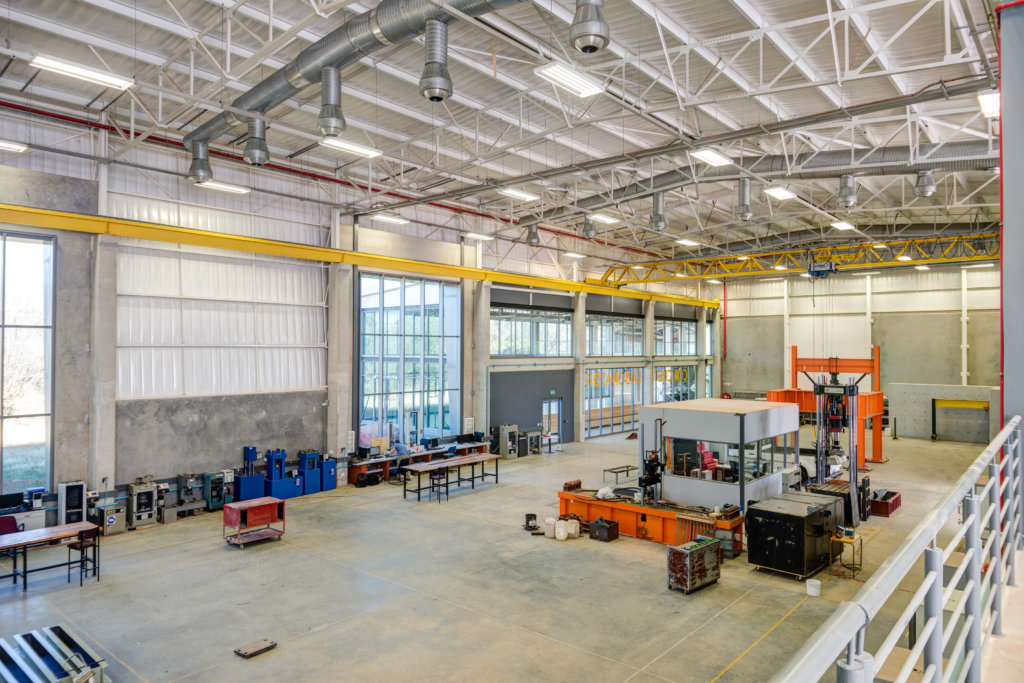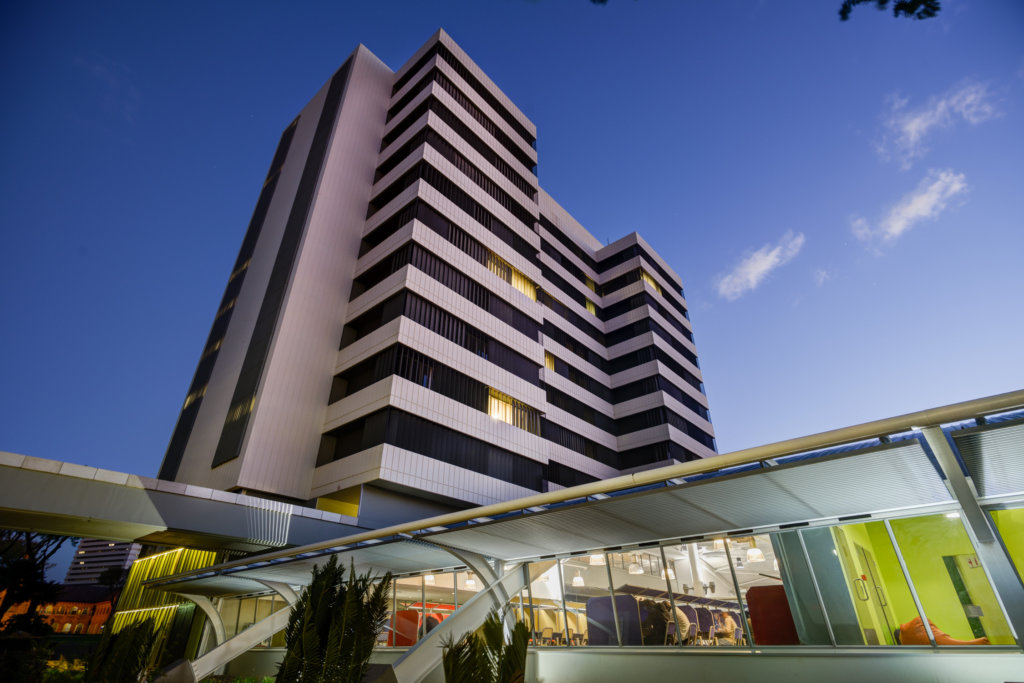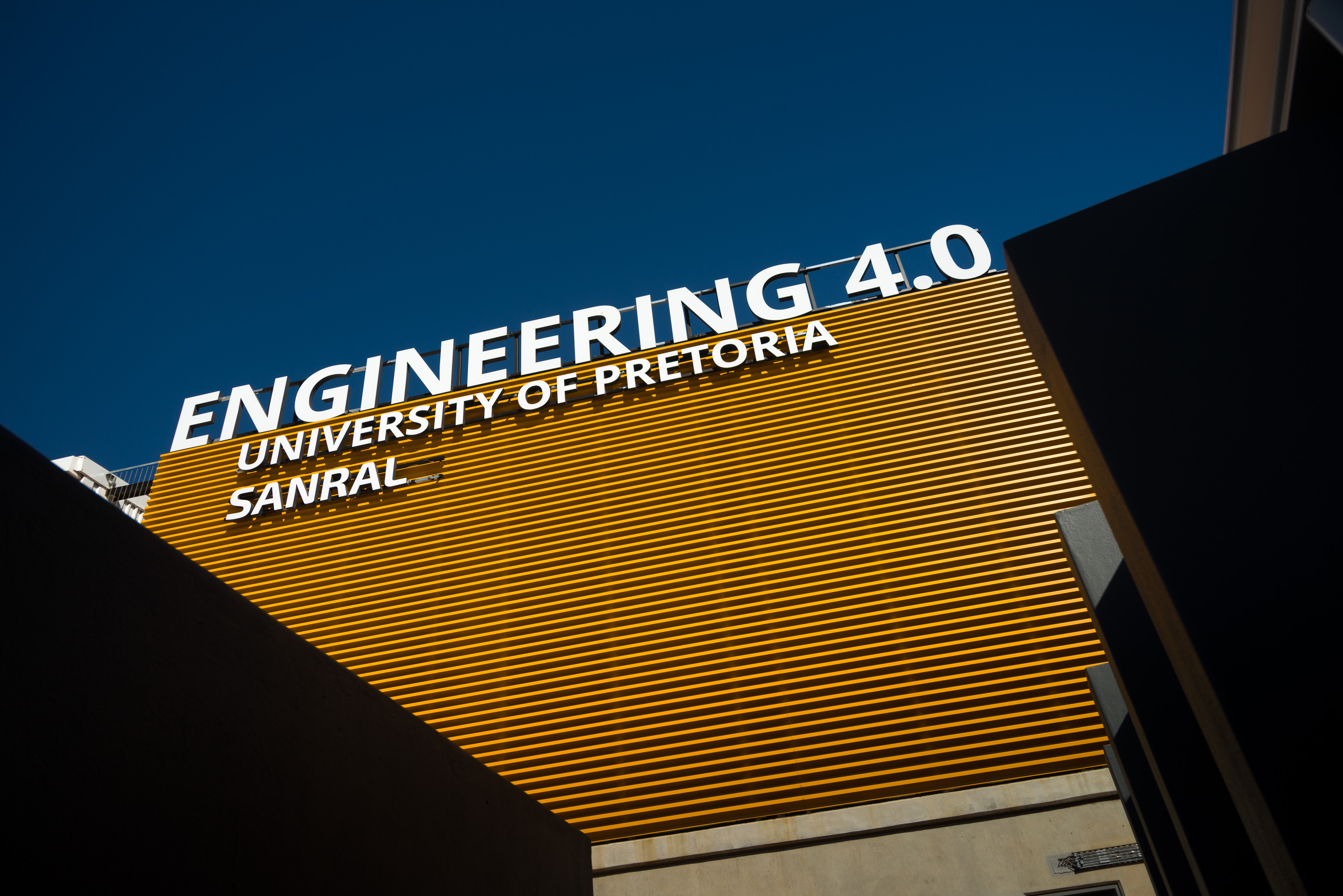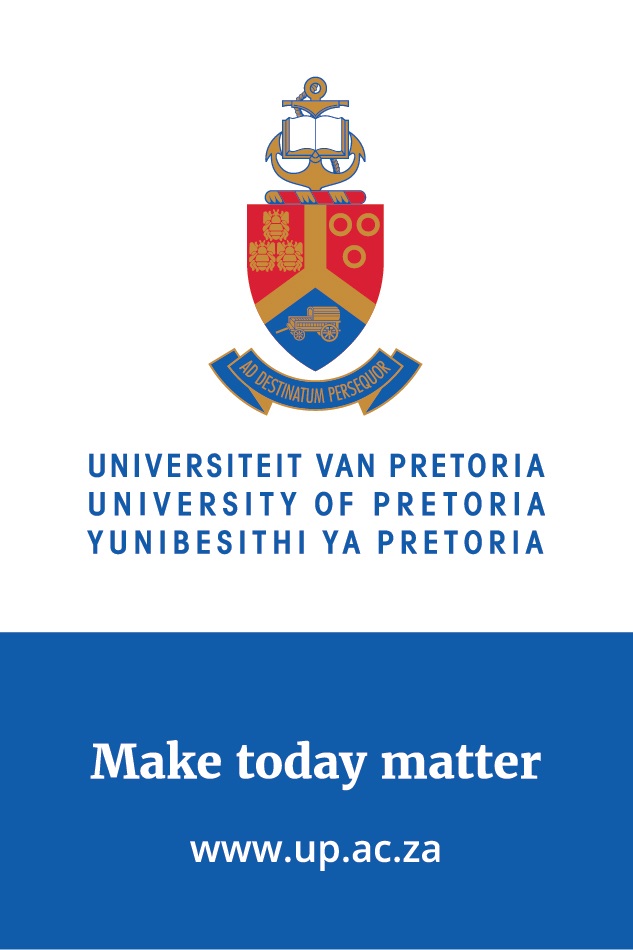In a continuously globalised world the University of Pretoria (UP) – a research intensive university set in the heart of South Africa – is repositioning itself to produce graduates ready to embrace the unknown with an awakened mind.
Prof Jan Eloff, acting Dean of the Faculty of Engineering, Built Environment and Information Technology (EBIT) states that: “EBIT has responded to these challenges by ensuring that we remain relevant and lead by example. We have become a human-centered faculty, characterised by digital transformation and engagement with the principles of Society 5.0.”
The Faculty is one of the few institutions in Africa in the top ranked 550 in the world in six subject areas related to engineering, built environment and information technology in the 2022 QS World University Rankings. The School of Engineering is ranked 352nd out of more than 10 000 engineering schools in the field of engineering and technology.
UP’s Engineering 4.0 complex – a first for Africa – exposes civil engineering students to the highest standards of intellectual rigour in research-led teaching.
“Through its focus on the development of integrated transportation and infrastructure systems, Engineering 4.0’s research concentrates on the reduction of energy consumption levels in transportation, maximising productivity in industry and creating a higher quality of life for people,” explains Professor Wynand Steyn, Head of the Department of Civil Engineering.

This unique world-class facility is where scientific ideas meet to generate new thought leadership through collaborative partnerships. Source: University of Pretoria
Hands-on opportunities, impactful projects
At UP students can test their theories through hands-on research projects. Civil engineering students gain a deeper understanding of smart transportation systems and cities by using the research laboratories and facilities at the Engineering 4.0 complex.
Industrial partners who need to conduct independent reference testing of materials for the road construction industry can do so at the National Roads Reference Laboratory. The Training Laboratory trains and certifies road materials technicians employed by various testing laboratories. A Concrete Laboratory is also available to conduct concrete and structural testing.
Outside the laboratories, the Engineering 4.0 complex also makes its mark in the real world. Their latest projects range from exploring smart alternative transport platforms by using a robotic dog (smWoef) capable of emulating and amplifying the functions of a regular dog to tracking the journey of 3D-printed avocados on a ship from South Africa to the Netherlands.
Access to these facilities and opportunities allows students like Megan Weyers to enhance their knowledge in a very specific research field. “As my research focuses predominantly on nuclear shielding concrete and its application while using local South African materials, the newly upgraded concrete research facility will enable me to conduct the necessary research for my PhD,” she explains.
“The spacious areas, overhead crane, strong floor, as well as the temperature and humidity controlled curing rooms will extend the type and scale of research that can be conducted in the new laboratory, and will benefit my research, and similar research projects, immensely.”

UP’s School of Engineering is one of the largest schools of its kind in South Africa, with various fields of specialisation. Source: University of Pretoria
The digital footprint
Inspired by its motto of “making today matter” UP remains at the forefront of novel initiatives, e.g. the Hatfield Digital Twin City project which aims to create a living virtual laboratory of a 10-kilometre urban area surrounding UP’s main campus.
Postdoctoral research associate Dr. Calayde Davey of UP’s Department of Architecture explains that the university aspires to use the city’s digital footprint to improve its “services, environments, infrastructure, performance, industry, social and health objectives of cities.”
The Department of Architecture is associated with the School for the Built Environment – one of the four Schools under the Faculty of Engineering, Built Environment and Information Technology (EBIT). The other three Schools are the School of Engineering, the School of Information Technology, and the Graduate School of Technology Management (GSTM).
GSTM offers internationally recognised programmes at honours, master’s and doctoral levels and addresses different needs in the field of Engineering Management, Technology and Innovation Management as well as Project Management.
Programmes like Data Science, Artificial Intelligence, Multimedia and Informatics in the School of Information Technology will offer you the chance to re-skill yourself to stay relevant in a fast-changing world. Prospective students can explore many postgraduate pathways in the following research focus areas:
- Smart cities and transportation
- Big data science, information and communication technology (ict), and technology and innovation management
- Water and environmental engineering
- Energy
- Minerals and materials beneficiation
- The fourth industrial revolution
If you pair future-focused research with excellent facilities and endless opportunities students are bound to experience a holistic education.
Click here to discover how to apply for a postgraduate programme at EBIT.
Follow the University of Pretoria on Facebook, Twitter, YouTube and LinkedIn.











